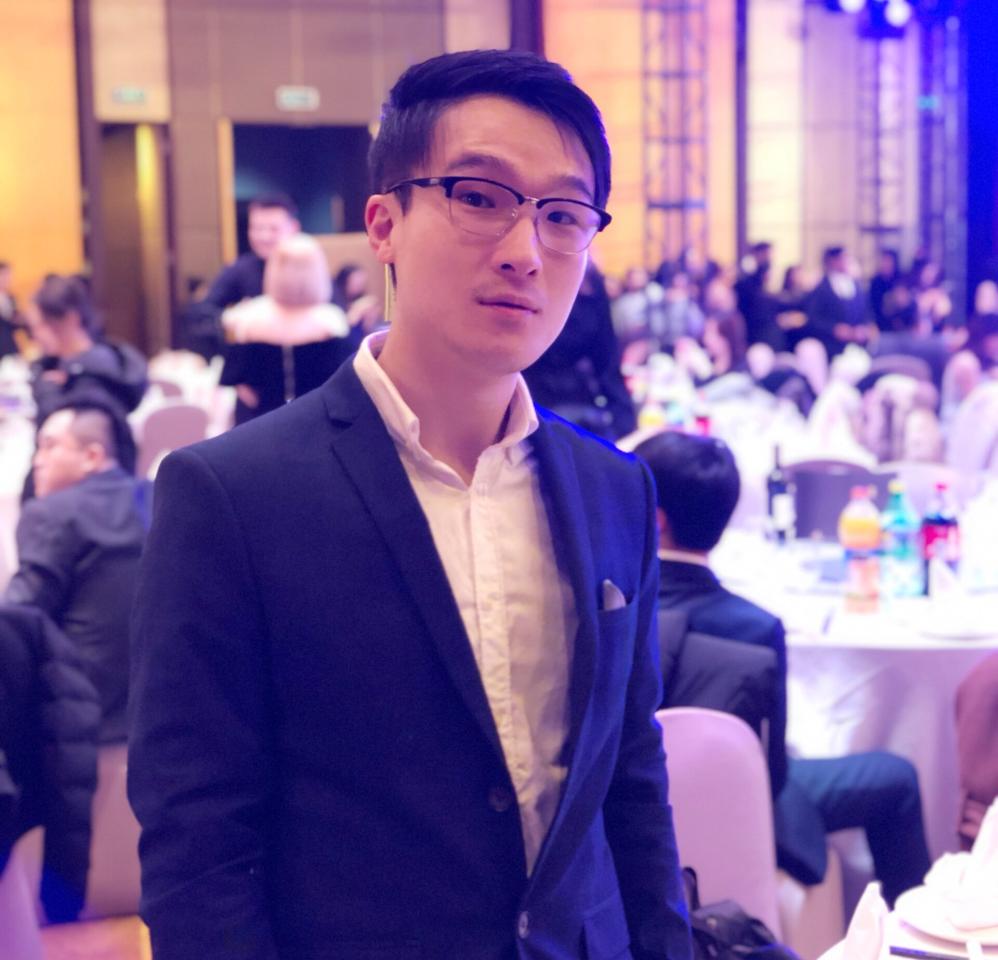
Xiao Ping (Andy) Yue, BMgt’13, MA’16
Xiao Ping (Andy) Yue currently works as an entrepreneur with Magic Fruit English in Nanjing, China. Andy shares what he has learned during his time at UBC and also reflects on the skills he found valuable as a new graduate in a large organization. Andy also shares his advice for the Class of 2020, addressing career ambiguity and finding passion.
Tell us about your role
I conduct various meetings with different teams including teaching, sales, marketing, and operation teams. My main responsibilities are planning, budgeting, and executing tasks necessary to run a company. I hope to teach not only English to students but also western and Canadian ideals/culture while spreading diversity across the world.
What attracted you to this organization?
The main attraction to me was the ability to make a difference across the globe, particularly in the sector of education. At first, my expectation after graduation was stable and steady job growth within a certain industry, however, I felt the urge to take a risk in life. Thus, I packed my two suitcases and came to Asia.
What excites you about this role/organization?
The excitement revolves around the balance of freedom and pressure. There is a saying, "with great power comes great responsibility". I believe as an entrepreneur, there is room to make some mistakes and learn to grow not just as a company but also as an individual. Also, I love seeing children from all different families and backgrounds come together under one setting while growing and learning.
Graduation
What was your first role after graduation?
My first role was with Disney Interactive in the field of digital applications and games.
What skill did you learn in your very first job after graduation that you are still using to this day?
One skill in which I found to be incredibly important is speaking up and trying new ideas. You won't get an answer until you try something and that is often how innovation is driven. However, it is important to perform a cost-benefit analysis beforehand.
What techniques did you use to address career ambiguity?
I believe trial and error is a crucial way to address career ambiguity. This does not refer to trying out various career paths after graduation but getting your feet wet with various internships during your university years. I interned every summer at UBC to see what industries possibly excite me. Furthermore, during this process I had the opportunity to network and meet various talented co-workers and leaders.
What advice do you have for the class of 2020?
Individuals often end up in careers different than their majors. I believe money is important, but upon graduation, the sooner one finds a truly passionate job/career in their field, that is when they can become successful. I understand that this may not be easy, as many even retire without ending up in the right field but you will never get there until you possibly try.





























